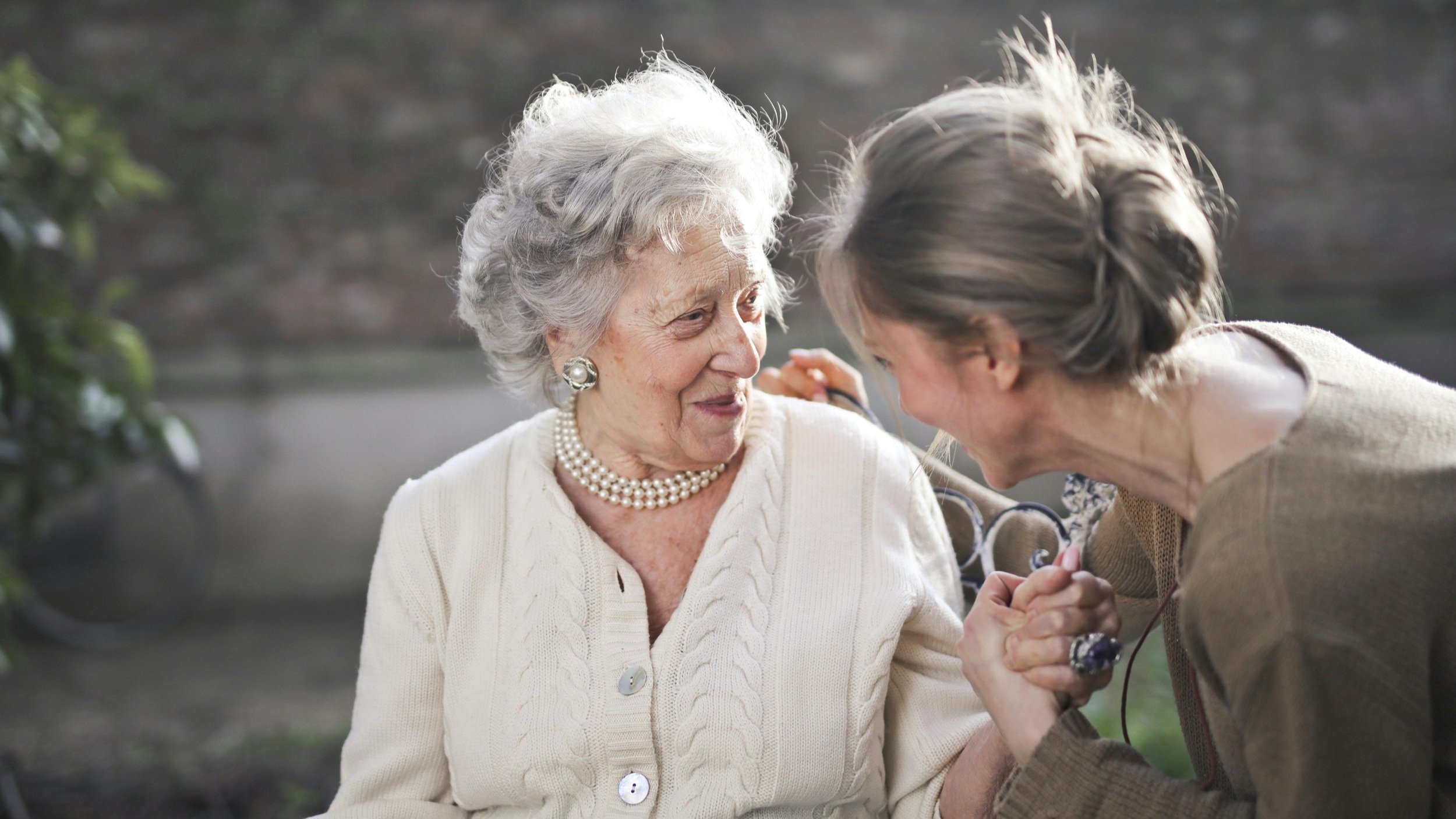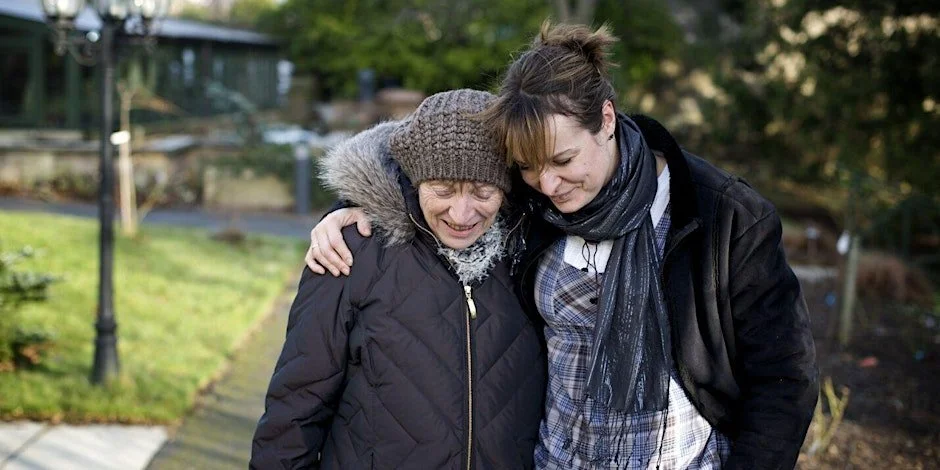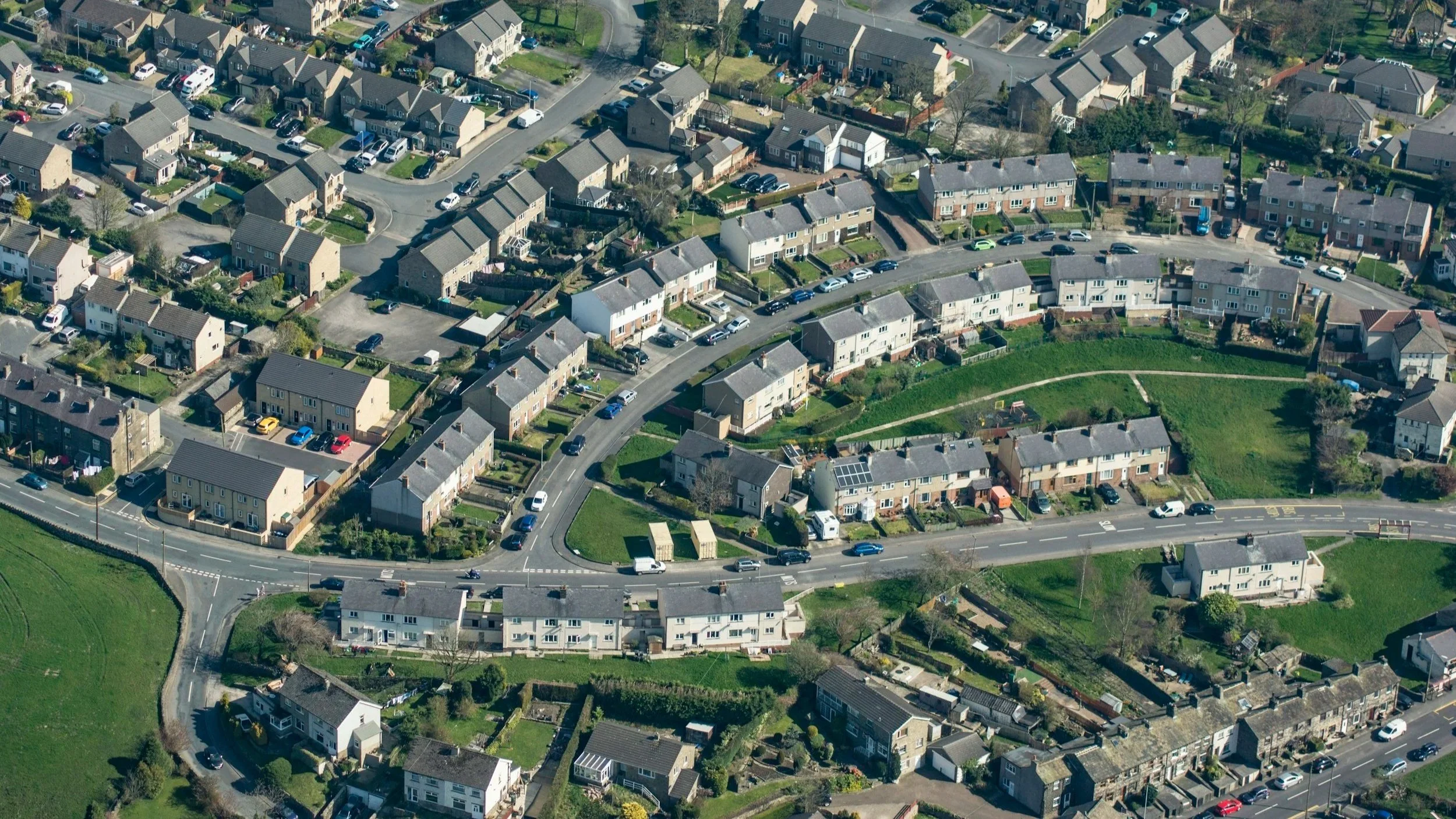Holistic Wellbeing
Throughout a person’s journey living with a dementia, there will be a variety of different professionals who will weave in and out their life. These will likely include support workers, clinicians, and charities but to name a few.
But dementia is a journey that extends beyond the individual diagnosed, deeply affecting care partners, family members, and wider support networks.
Ensuring the wellbeing of all involved requires a holistic approach that integrates emotional, practical, and social support. This article explores the interconnected needs of people living with a dementia and those who care for them, emphasising the importance of compassion, community, and sustainable care practices.
For the person living with a dementia, wellbeing is deeply tied to maintaining identity, autonomy, and meaningful engagement. A diagnosis does not erase personhood, and care should reflect this by prioritising individual preferences, life history, and remaining abilities. Simple yet profound measures—such as using respectful communication, creating familiar environments, and offering opportunities for participation in daily activities—can significantly enhance quality of life.
Therapeutic approaches, including reminiscence therapy, music, and art, have been shown to foster emotional connection and reduce distress. Critically, support must also address the emotional impact of dementia, helping individuals navigate feelings of loss, frustration, or confusion while validating their experiences.
Care partners, whether they be family members or friends, play a vital role in supporting individuals with a diagnosis; often shoulder immense responsibilities, which can lead to physical exhaustion, emotional burnout, and social isolation. The demands of caregiving are frequently compounded by a lack of training, financial strain, and the grief of witnessing a loved one’s cognitive decline.
Recognising these challenges is the first step towards providing effective support. Respite care, counselling services, and peer support groups offer vital opportunities for rest and emotional processing. Additionally, education about dementia—its progression, communication strategies, and available resources—can empower care partners to provide better care while safeguarding their own wellbeing.
The wider support network, including friends, neighbours, and community organisations, play a pivotal role in creating a dementia-inclusive society. Too often, stigma and misunderstanding lead to social withdrawal, exacerbating feelings of loneliness for both the person with a dementia and their care partners. Communities can counteract this by fostering awareness and inclusivity, whether through dementia-inclusive initiatives, intergenerational programmes, or accessible social activities. Small acts of solidarity, such as checking in on a neighbour or offering practical help, can make a profound difference.
Professional support services, including healthcare teams, social workers, and dementia advisors, are essential in coordinating care and ensuring access to resources. However, systems must be designed to be navigable and responsive, reducing bureaucratic barriers that can leave families feeling unsupported. Integrated care models, where health and social services work collaboratively, have shown promise in providing seamless, person-led support.
Underpinning all these efforts is the principle of partnership. Wellbeing is not a solitary pursuit but a collective endeavour, requiring empathy, flexibility, and shared responsibility. By valuing the contributions of everyone involved—from the person living with a dementia to the unpaid care partner, the neighbour, or the professional—we can create a network of support that sustains dignity, connection, and hope throughout the dementia journey.
Ultimately, supporting wellbeing in dementia care is about seeing the whole picture: honouring the individual’s story, easing the care partner’s burden, and building communities that embrace rather than exclude. It is a challenge that demands creativity, patience, and systemic change, but the rewards—a life lived with meaning, connection, and compassion—are immeasurable.
This excerpt has been adapted from the newly updated Best Practice in Dementia Care Learning Programme. DSDC’s award winning Best Practice Programme has been updated for 2025 to include new learning materials and reflects changes to practice and guidelines. It is the ideal course for organisations looking to enhance their benchmark for dementia care, and ensure meaningful collaboration within mutli-disciplinary teams. For more information, check out the Best Practice pages or contact us at dementia@stir.ac.uk. Forthcoming training dates are available here.
Come along to one of our Best Practice in Dementia Care Facilitator courses or find out more about the Best Practice Programme.






